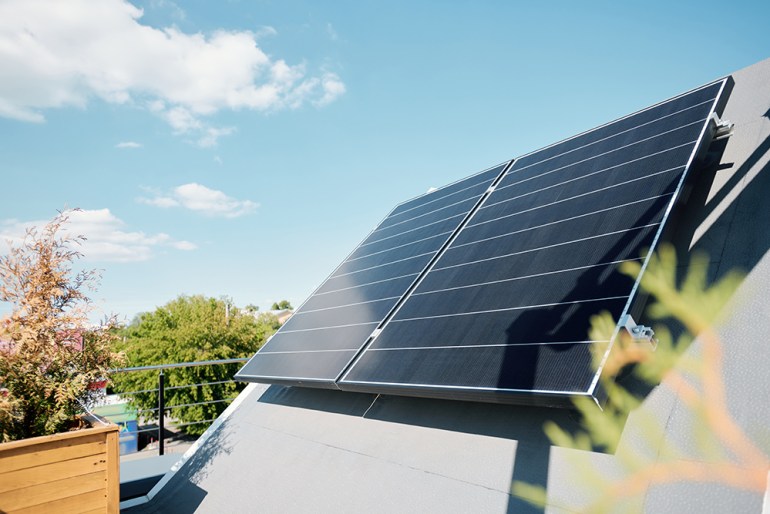As the world is moving towards a more sustainable way of living, making environmentally-minded decisions when it comes to our homes becomes vital.
While recycling is certainly a big step forward, upgrading our homes with various eco-retrofits will help even more.
Yet, being environmentally friendly will not only ease your consciousness but also your long-term budget. As high as 40% of the heat in the house can be lost as a result of poor insulation. Hence, renovating your home in a sustainable way will save up both energy and money. To help you get inspired with some ideas you might consider implementing soon, here are our top 5 renovation tips for an eco-friendly home.
Windows and Doors
Energy efficiency is key to a sustainable household. Your home’s windows and doors play a key role in how much heat is lost or kept inside the house. In order to conserve as much heat as possible, take into account the following aspects. Aim for double or even triple-glazed windows, as opposed to single-glazed ones. Other options are windows with low-conductivity gases or low-emissivity glass which is designed to reflect the heat back inside.

When it comes to doors, the material is the key area of focus. In this case, the best decisions you can make are timber, aluminium and alu-clad. These three door materials are fantastic insulators and preserve the heat most efficiently. They are all produced sustainably, while aluminium is referred to as the “green metal”, being the most recyclable industrial material. Regardless of what option you may consider, the windows and doors from Genesis offer a wide range of alternatives which will make your home more environmentally friendly in no time.
Home insulation
Perhaps the most eco-friendly measure you can take to renovate your home is insulating it. By having a well-insulated home, you will no longer need to have your air conditioning on during the summer, nor the heater on as much during the winter. The main benefit of insulation is keeping your home cool in hot days and warm when it gets chilly. The energy and electricity cost reductions related to these changes can even surpass £150 a year. You may choose to insulate the walls either internally or externally, but either way, make sure you choose the option most suitable for the type of home that you have. If your’e unsure, it may be worth consulting with an expert.
Solar Panel Systems
Just from the sound of it, you may already associate this tip with an ecological way of living. While solar panels can be costly, in the long run, they represent a fantastic sustainable alternative for generating heat and electricity.

They don’t need direct sunlight to be able to work, which is a relief considering how much sun we’re getting in the UK; so they are a great investment even for the cloudier countries. You just need to ensure they are placed at a 90-degree angle of the south, either on a wall or on a roof.
Reuse building materials
If you are in the process of renovating an area of your home, why not consider reusing building materials? Depending on the type of house and the components you require, there are salvage yards that sell a variety of building and construction materials, from old all the way to new, high-end supplies. Even in your own home, you may find that something you want to get rid of may be reused or put to purpose elsewhere. This is a much more creative and sustainable way of renovating.
Use natural materials
In a world loaded with product options, we now have a green alternative for almost any normally polluting commodity. Hence, if you wish to truly support and live a more environmentally conscious lifestyle, try to use as many natural materials as possible when changing your home. Be it that you use an eco-paint, a sustainable wallpaper, or buy ‘green’ cleaning products, all these seemingly small choices made, lead to a positive impact on our planet.
Renovating your home in a more eco-friendly manner can make a world of difference to the way you live, your carbon footprint and your long-term savings. Restoring certain areas of your home by using these tips will enhance your home to be more sustainable and energy-efficient.





